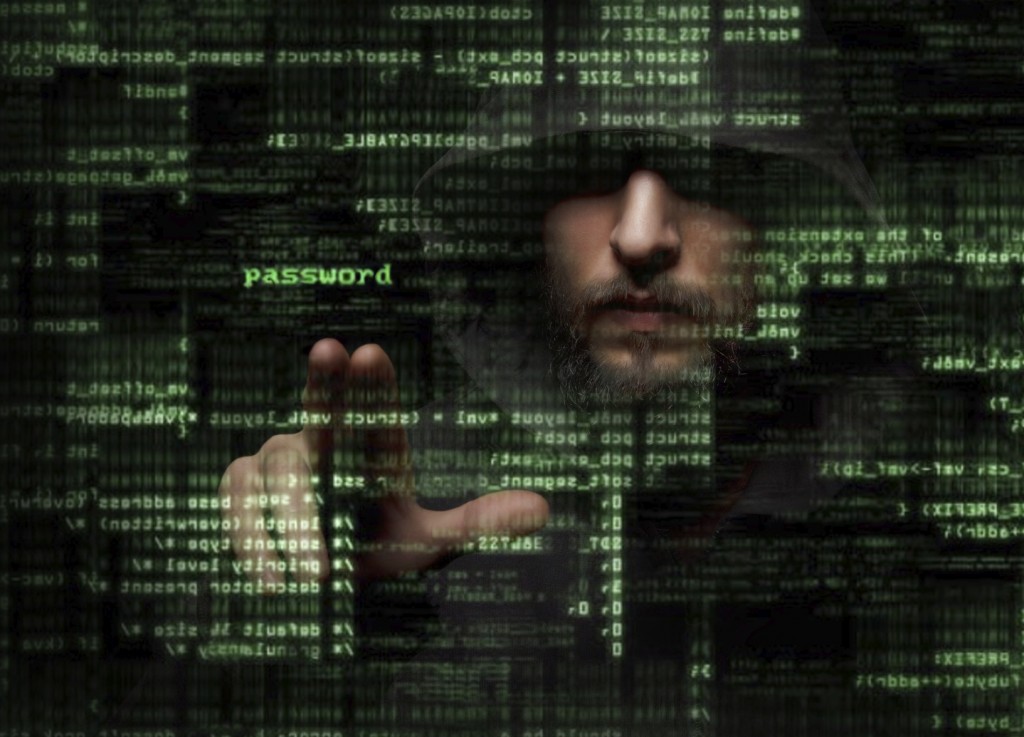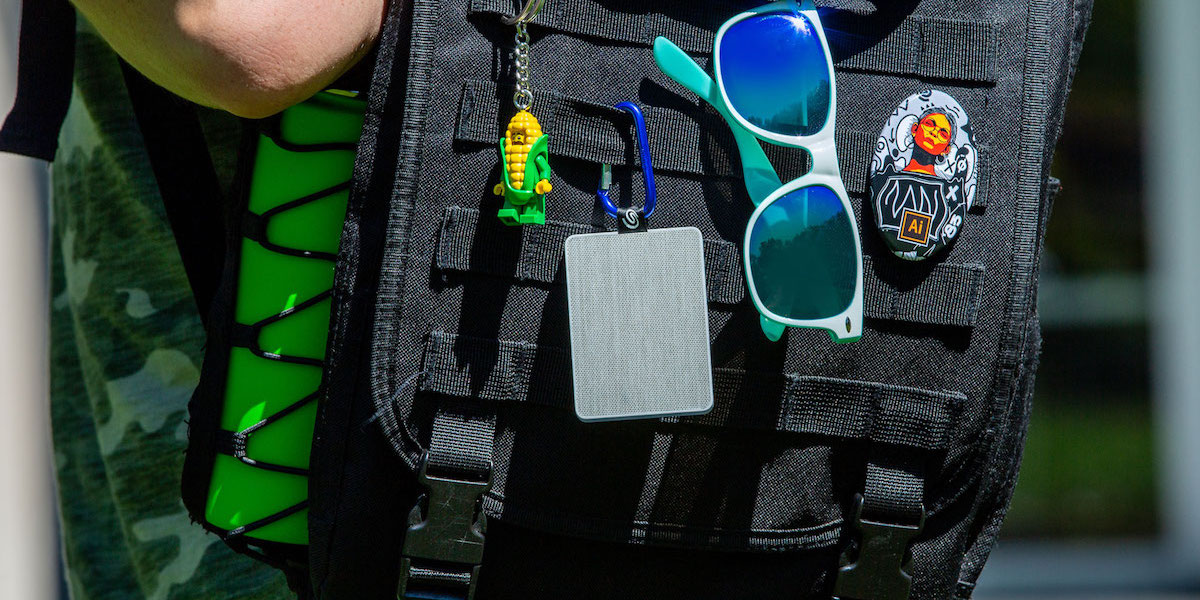In President Obama’s recent State of the Union address, he focused on cybercrime and encouraged Congress to create stronger policies in effort to protect people against cybercriminals. Data breaches and attacks targeting companies and services such as Target, eBay, Home Depot, Apple iCloud, Yahoo! Mail and several others have not only fostered fear and perpetuated paranoia among technology users but have also dramatically changed the security landscape making digital protection as important as physical protection is in the real world for your family, your home and car.
So what’s the best way to protect yourself in the digital age? It’s easier than you think.
- Change Passwords Frequently – We’re all creatures of habit from morning coffee to commute routines. As such, it’s crucial to create a routine of updating passwords on a regular basis. Use special characters, capital letters, make them at least 8-characters in length and something that is unique to you.
- Mind the popups – Yes, popup windows feel very 2004 but many sites still use them. When entering personal information, avoid popups when possible and instead visit the actual site making sure the URL is using an SSL (Secure Sockets Layer) protocol for security.
- Monitor your phone – With mobile usage steadily on the rise, be mindful of apps you’re installing and the data you’re entering. Be especially careful for any geolocation apps that will broadcast your location. Most of these apps can be tweaked via settings, so just be sure you’re aware of information the app is collecting and storing. Lastly, make sure your phone is password protected.
- Back it up – Computers are our lifelines, but they’re still just tools. It’s a good idea to have an external storage device or a Personal Cloud in place as a backup plan in case of emergency or your information being compromised. Bonus points for storing it in a safe, secure location.
- Be smart – common sense isn’t always common and when we are in the sanctum of your home, it’s easy to let your guard down. Be mindful of websites you frequent the way you would when out in the real world traveling abroad or running local errands. Clear cookies and cache regularly. Read certificates you accept as well as license agreements when installing new software. It’s important to know what information you’re sharing and how often you’re sharing it.
Technology has provided some amazing benefits and conveniences, but it’s our job to be mindful that while most are using technology for the betterment of others, there are some willing to use it for personal gain at your expense. It’s your job to make it as difficult as possible – always protect yourself.







